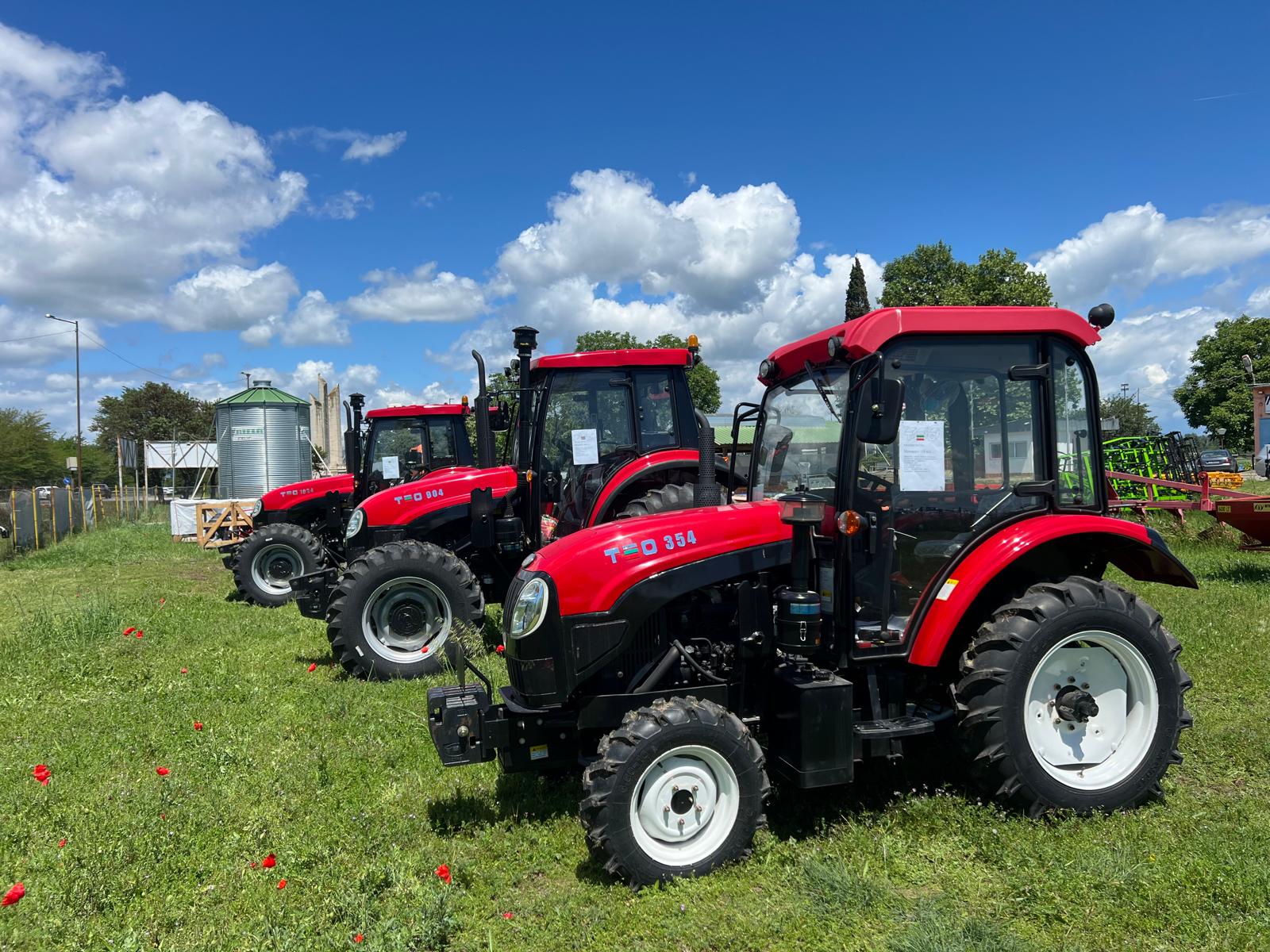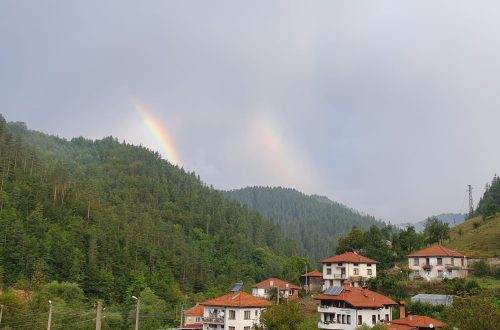
Clearer rules on origin and composition of honey: Commission sets up Honey Platform

On the day of the entry into force of the revised EU rules on honey, 13 June 2024, the Commission launches the call to set up the Honey Platform to gather the best available expertise on honey authenticity and traceability. This group of experts will assist the Commission in harmonising methods to detect adulteration in honey and tracing the product back to the harvesting producer or importer. The new common rules on the composition and labelling of honey will help consumers make informed choices by increasing transparency in the food chain and limiting fraudulent practices.
As of mid-2026, when the Directive starts being applied, the countries of origin in honey blends will have to appear on the label in descending order with the percentage share of each origin. Member States will have the flexibility to require percentages for the four largest shares only when they account for more than 50% of the blend.
The revised directive empowers the Commission to introduce, within 4 years, the rules on harmonised methods of analysis to detect honey adulteration with sugar, and within 5 years, the methods to trace the origin of honey and criteria to ascertain that honey is not overheated and pollen is not removed when sold to the final consumer. To support the Commission in this task with the best available expertise, the new rules call for the establishment of a Honey Platform.
The upcoming Honey Platform, composed of up to 90 members, is expected, among other things, to gather data for methods to improve authenticity controls of honey, and provide recommendations for a Union traceability, composition criteria, and the possibility of establishing a Union reference laboratory. Stakeholders along the honey supply chain, civil society, and experts in a personal capacity, including those from academia, are encouraged to submit their application.
The call for applications is open until 15 July. Organisations who apply must be registered in the Transparency Register to be appointed. The Platform is expected to hold its first meeting in November 2024, chaired by the Directorate General of Agriculture of the European Commission. The Platform is intended to meet at least twice per year. In line with transparency principles, all relevant documents (including the agenda and the minutes) will be published on the Register of expert groups. The Honey Platform is established for an initial duration of five years.
In parallel to this work, the Commission and the Joint Research Centre are working to establish validated analytical methods to detect honey adulteration with sugar.
Support for EU beekeepers
Honeybee colonies are essential for agriculture and the environment. They ensure plant reproduction by pollination, whilst beekeeping contributes to the development of rural areas. Beekeeping is practised in all EU countries and is characterised by diverse production conditions, yields and beekeeping practices. The EU is the second largest honey producer in the world.
From 2023 to 2027, €610 million of EU and national funds will support the EU apiculture sector. This will cover investments to combat beehive diseases, help adapt to climate change, restock beehives and increase their numbers, among other things. Promotion activities as well as advisory services and training will also be financially supported.





